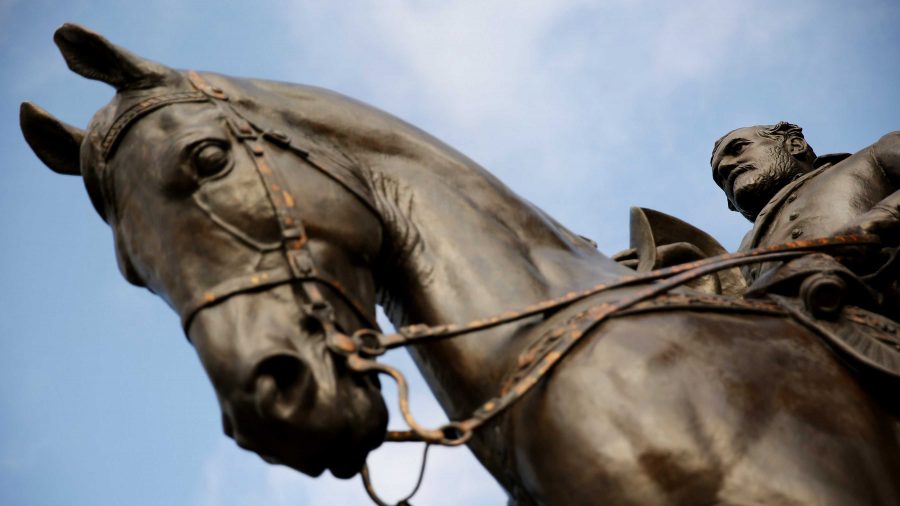The violence in Charlottesville, Virginia over a Robert E. Lee statue reveals a deeper-seeded American problem.
As an American, I am disgusted by the violent celebration of white supremacy in Charlottesville, Virginia. But as an American, I also recognize that this is only a more obvious display of our country’s racist history and the ways in which it continues to color our ideals.
In 1776, Thomas Jefferson wrote,
“We hold these truths to be self-evident, that all men are created equal, that they are endowed by their Creator with certain unalienable Rights, that among these are Life, Liberty, and the Pursuit of Happiness.”
These words are the foundation of our nation’s principles, and yet, they are tainted with irony; they reveal a much deeper truth. Jefferson coined the phrase “all men are created equal” while owning hundreds of slaves — and the complexity of Jefferson’s position on slavery does not end there. He supported gradual emancipation and proposed a federal ban on the practice, while maintaining a relationship with his slave Sally Hemings that can only be labeled as one of sexual abuse.
Since the tragic events in Charlottesville, a national conversation has erupted about Confederate statues and whether they deserve to exist in the public sphere. Some say the statues are a glorification of white supremacy and should be put in museums; others, many of whom are Southerners, view them as a part of their history and culture.
Whatever your stance on the issue is, the controversy surrounding Confederate statues shows us how deeply embedded institutionalized racism has been in the fabric of our country since its conception. In recent days, statues of Confederate Gen. Robert E. Lee have been vandalized and torn down all over our country, yet most Iowa City residents walk down Jefferson Street every day without thinking twice. This in no way invalidates the ill feelings and anger people have toward Lee, but it does show how even Americans who feel they are highly aware of our country’s racist history have been conditioned to accept it blindly. During the Charlottesville protests, many Americans tweeted #ThisIsNotUs. But if anything, the events in Charlottesville have taught us that this is us — and often, we even remember so fondly. Each year, we celebrate Christopher Columbus, a man who is responsible for the murder and exploitation of countless Native Americans. Planned Parenthood’s highest leadership honor is named after Margaret Sanger, a woman who pioneered the pro-choice movement, but also pushed her beliefs through racist eugenics. Statues across the nation of Confederate Generals are definitely more tongue-in-cheek representations of our racist history, but they are not an anomaly. White nationalists and Neo-Nazis are not an anomaly. The way we eradicate racism is not by not talking about it, because it’s right here pictured on our currency and printed on the names of our schools. This has been our country all along. The way we fix it is not by denying white privilege exists, or declaring that this is not us. This has always been us. And if we want any of it to change, we need to talk about it in our homes, in our community, and on our campus.









